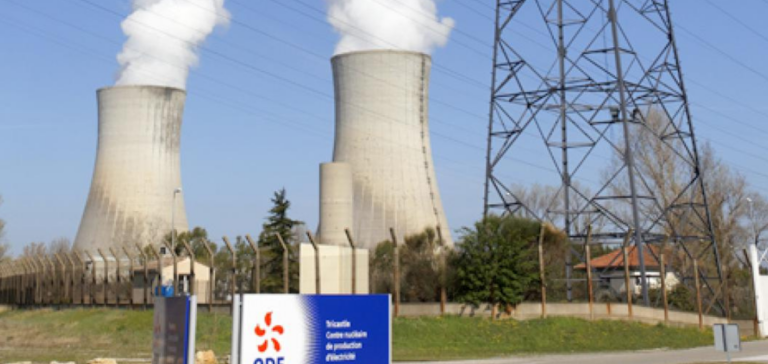The expected announcement on Friday of the completion of the takeover of General Electric’s (GE) nuclear business by Électricité de France (EDF) represents an important milestone in the French energy landscape. This acquisition, for which an exclusivity agreement was signed in February 2022, is part of a strategic renewal of nuclear energy in France.
Agreement details
EDF CEO Luc Rémont is expected in Belfort to make the takeover official. Although the final details are still being worked out, this agreement involves the takeover of GE’s Arabelle turbine production division, essential for nuclear reactors. The scope of the acquisition includes the supply of equipment for new nuclear power plants and the maintenance of existing plants, with the exception of the Americas.
Industrial and economic implications
This acquisition, which involves some 2,500 employees in France and 3,400 worldwide, underlines EDF’s determination to consolidate its position as leader in the nuclear energy sector. The GE Steam Power entity, initially acquired by GE from Alstom in 2015, is strategically important for EDF, in particular for its ability to equip EPR and EPR2 technology reactors, as well as SMR modular reactors.
Strategic Challenges and Future Prospects
This acquisition is part of a broader plan to relaunch France’s nuclear program, announced by Emmanuel Macron from Belfort. It reflects a national strategy aimed at strengthening France’s energy autonomy and developing advanced nuclear technologies. It also illustrates the country’s commitment to a sustainable energy transition, with nuclear power playing a central role in reducing carbon emissions.
EDF’s imminent acquisition of GE Steam Power is more than a business transaction; it represents a significant shift in French energy policy, with far-reaching implications for the country’s industry, economy and environmental strategy.






















